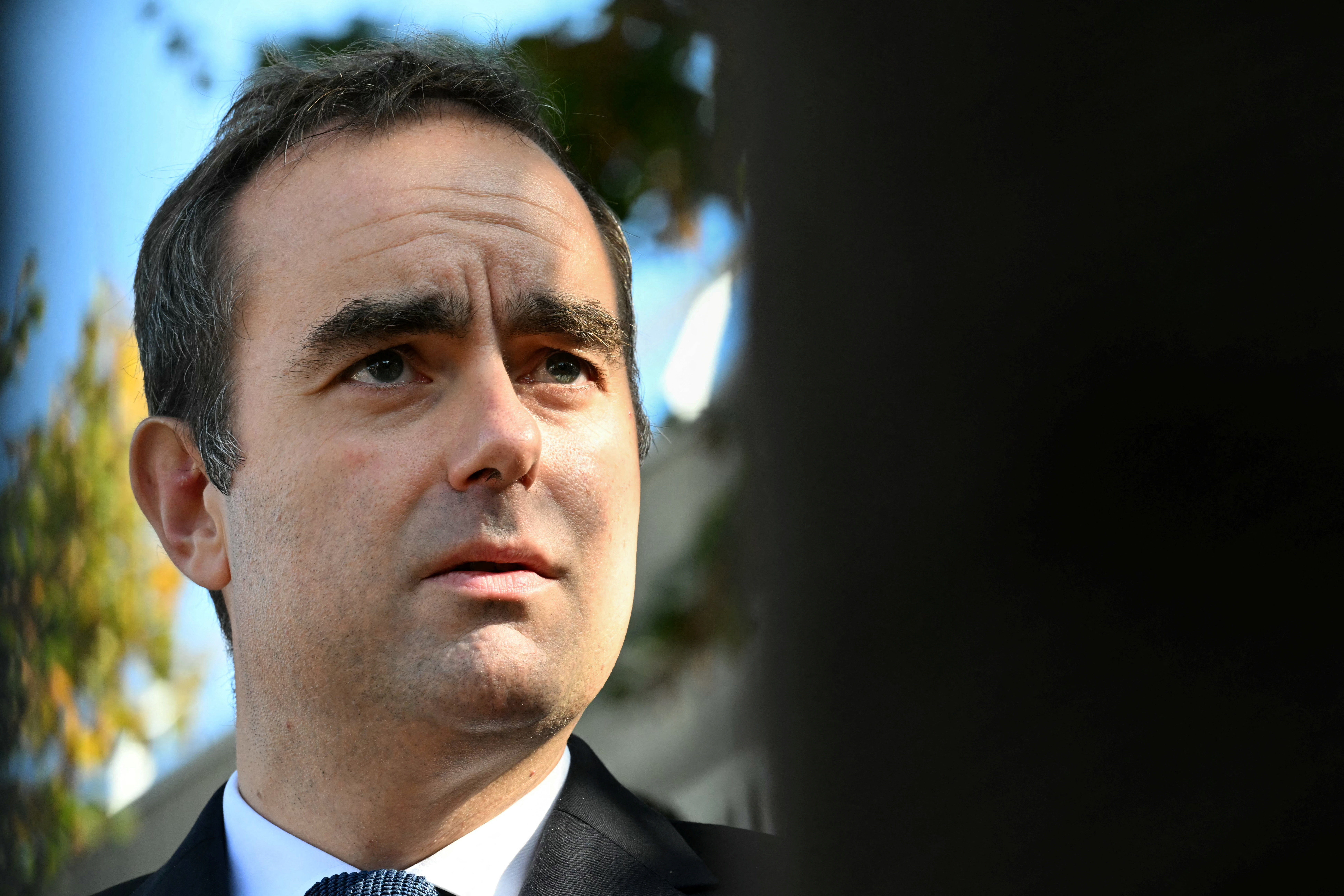Reappointed Prime Minister Sebastien Lecornu on Saturday urged France’s political parties to work together to put an end to the “ridiculous spectacle” seen in recent days, as he faces a Monday deadline to present a budget.
President Emmanuel Macron’s decision to reappoint Lecornu has enraged some of his fiercest opponents, who argue the only way out of France’s worst political crisis in decades is for the president to either call a fresh legislative election or resign.
Lecornu criticised the political deadlock that has gripped the country. “What is ridiculous is the spectacle that the entire political world has been putting on for several days now,” he said.
BUDGET APPROVAL STILL FACES BIG HURDLES
The prime minister urged political parties to overcome their differences to pass a budget by the end of the year, a crucial step in bringing France’s widening fiscal deficit under control.
“I am setting myself a fairly clear mission, and then either the political forces will help me and we will work together to achieve it, or they will not,” Lecornu said.
“It is about how we ensure that on 31 December there is a budget for social security and a budget for the state.”
Asked about the potential suspension of Macron’s pension reforms, Lecornu said “all debates are possible as long as they are realistic,” signalling potential flexibility on a key demand from left-wing parties.
Macron reappointed his staunch supporter late on Friday, just days after Lecornu had resigned from the post saying there was no way to form a government capable of passing a slimmed-down budget bill through a deeply divided parliament.
Lecornu’s 27 days in office made him the shortest-serving prime minister in modern French history, but there is no guarantee he will last any longer this time round.
Leftist, hard-left and far-right parties all said they would vote to topple Lecornu, leaving him reliant on the Socialists, whose leaders have so far kept silent on their plans.
Lecornu’s inbox is pressing.
PENSION REFORM A KEY RED LINE
By Monday, he must present a draft budget bill – first to cabinet, and then on the same day to parliament. That means, at a minimum, the ministers responsible for finance, budget and social security must be appointed by then.
Neither the Elysee Palace nor Lecornu’s office, Matignon, gave immediate indication on when he could name his cabinet, or who could be in it.
The right-wing Les Republicains party and the centrist UDI, which both took part in previous governments formed after last year’s snap election, said in separate statements on Saturday they would not join the new cabinet led by Lecornu.
However, both parties pledged to support key pieces of legislation under certain conditions.
LR’s governing body confirmed that “the trust and conditions are not in place” to take part in the government, it said. Nevertheless, its members “will be responsible and will not be the architects of chaos”, it added.
The pension reform remains a key red line, with former Prime Minister Michel Barnier, a member of LR, expressing opposition to any suspension of the measure.
LECORNU AIMS TO CUT DEFICIT
In an X post on Friday, Lecornu said that whoever joined his government would have to renounce their personal ambitions to succeed Macron in 2027, an impending contest that has injected instability into France’s weak minority governments and fractious legislature. He pledged a cabinet of “renewal and diversity”.
Lecornu has not disclosed any details about what is in the budget draft, but he did say after he resigned that the deficit must be reduced to between 4.7% and 5% of economic output next year, a bigger gap than the 4.6% targeted by his predecessor. The deficit is forecast at 5.4% this year.
It remains to be seen what he will do about repealing Macron’s pension reform and adding a wealth tax on billionaires – two measures the Socialists had made their price to support his government.






Click here to change your cookie preferences